[ad_1]
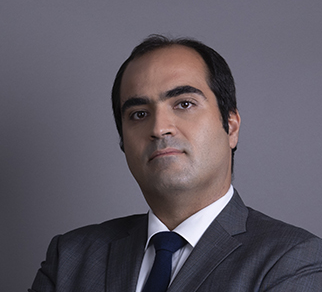
José Leitão
MdME

Un I Wong
MdME
Our Chief Executive (CE) will be making his first state visit outside the People’s Republic of China (PRC) this April since the outbreak of the pandemic. The fact that Portugal is the destination is not, of course, without its meaning.
The visit of the Chief Executive is expected to strengthen and revitalise Macau’s relationship with Portugal, to open doors for new areas of economic cooperation, and to – hopefully – begin fulfilling the long-delayed vision of “Macau as a platform for China and Portuguese Speaking Countries”, which will be extremely relevant for its integration and positioning in the Greater Bay Area (GBA). With our unique blend of Chinese and Portuguese cultures, strategic location, strong economic ties with China and Portuguese-speaking countries, together with a historical bond between Portugal and the PRC, Macau will increasingly be a pivotal geography in the increasingly important triangular relationship between China, Portugal and other Portuguese Speaking Countries.
During CE’s visit, we expect (and hope) that the CE, together with his advisors and the Macau business delegation, will be looking at the following strategic areas of cooperation with Portugal, with an eye to, inter alia, accelerating Macau’s economic diversification and making the most of the post-pandemic resumption of world affairs:
Firstly, we expect that Macau will seek to continue to strengthen its economic ties with Portugal and other Portuguese-speaking countries through increased trade and investment, as well as through the creation of a favourable environment for joint ventures and business partnerships between China and Portuguese Speaking Countries. By doing this, Macau can attract more foreign investment and position itself as a gateway to the Portuguese-speaking world. For this, Macau has to first of all understand, and then press, its value proposition to be an enabler and partner to the Luso-Chinese business, combining a Chinese element that provides comfort to a local investor, and a Lusophone legal system that would be familiar to Portuguese-speaking stakeholders, while also being available in both Portuguese and Chinese language. This means seat of investment, of contracts and of dispute resolution for these cross-border investments.
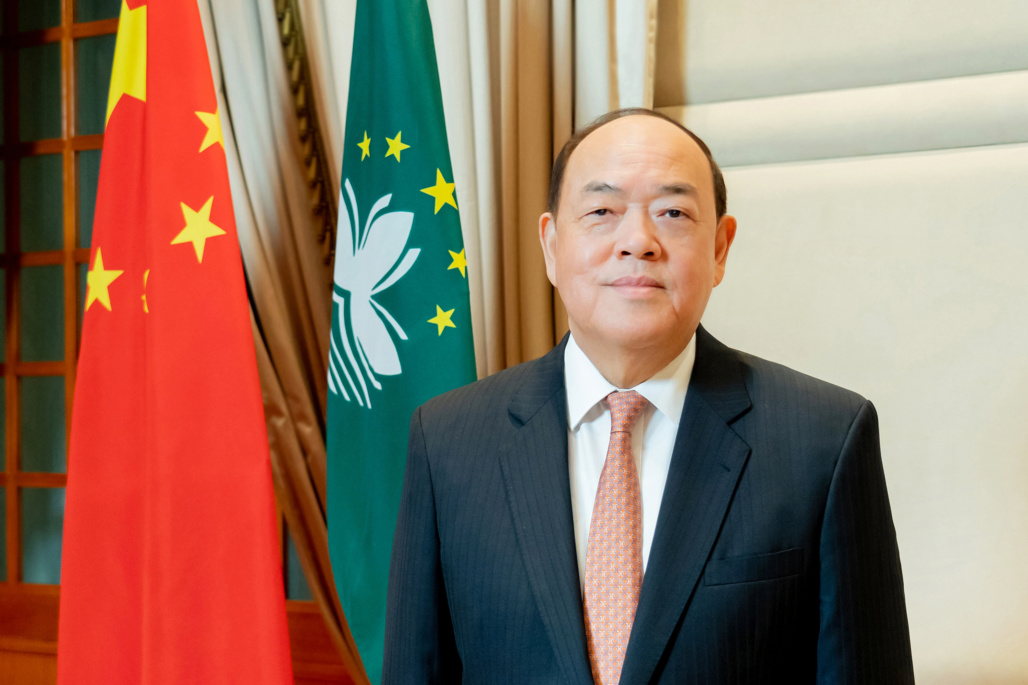
Secondly, Macau should consider investing in its infrastructure to support its role as a platform, counting on the existing expertise and know-how in Portugal. This includes upgrading its transport links, such as the Macau International Airport and the Macau-Zhuhai-Hong Kong Bridge, as well as investing in digital infrastructure to support innovation and startups.
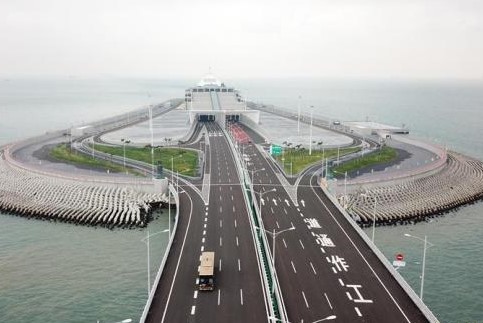
Thirdly, Macau and Portugal should deepen their academic exchanges and cooperation. With continuous programmes provided by the Macau Government designed to capture specialised talent and its natural affinity to Portugal, we should expect to see an increase in the exchange of scholars, joint research programmes, and the establishment of research institutes, as well as supporting exchange programmes between schools and universities in China and Portugal. By promoting education and research, they can foster greater innovation and talent development to enhance the exchange of expertise and know-how for the realisation of the One Belt One Road policy.
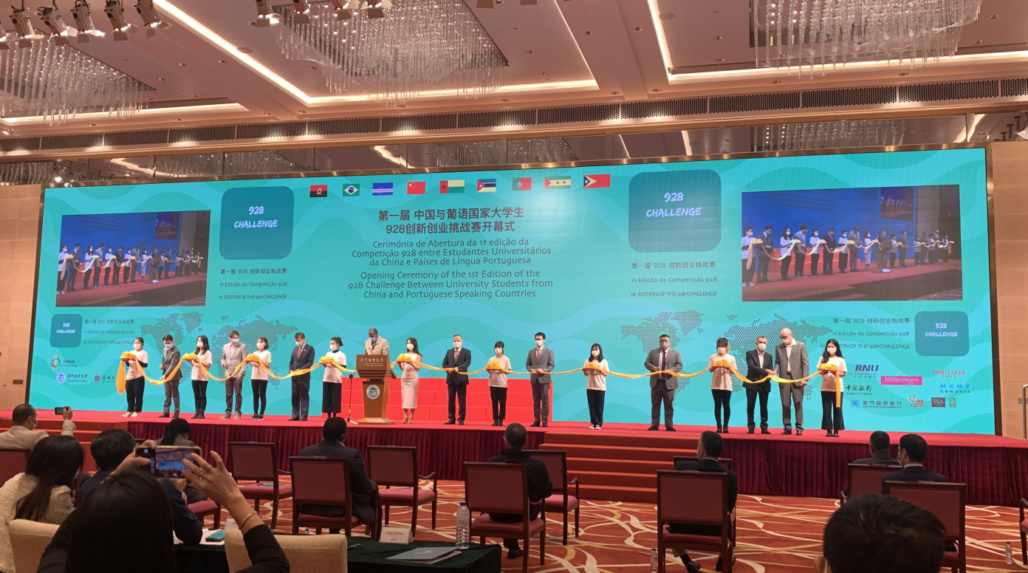
Fourthly, we see an almost mimetic approach between Portugal and Macau in terms of the startup and innovation economies, with Portugal more and more poised as a startup hub and Macau seeking to tread a similar path at a regional level. These circumstances, combined with the specific role envisaged for Hengqin in terms of support to this nascent field of entrepreneurship, we would expect that Portugal and Macau increase their cooperation in this regard and create an atmosphere of cross-pollination, with Portuguese and Macau stakeholders availing themselves of the respective strengths of each area in the startup arena.
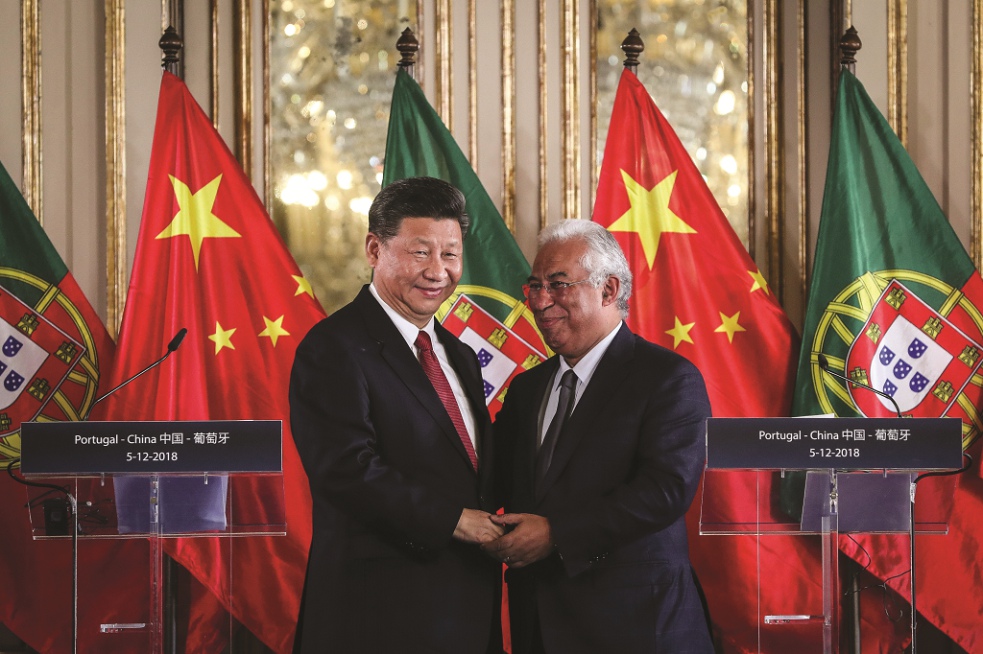
Finally, we are likely to see Macau and Portugal explore opportunities in the drive for greater innovation and digital transformation, sustainability and impact investment. All of these priorities align not only with the Chinese common prosperity strategy but also with Portugal’s priorities in achieving sustainability goals and are likely to bring new opportunities, as well as different challenges, to the Macau economy, which has been focusing mostly on the local market, with heavy reliance on its gaming and tourism industry.
The above-mentioned objectives fit closely with the role that Macau is expected to play in the economic development policies to be implemented in the third term presidency of Mr President Xi Jinping and the post-pandemic era. We believe that the visit of the Chief Executive will be a fruitful one and hopefully one that will reignite relationships between both jurisdictions and revive a historical connection that has every potential to be one of the most successful of the post-pandemic era.
[ad_2]
Source link
